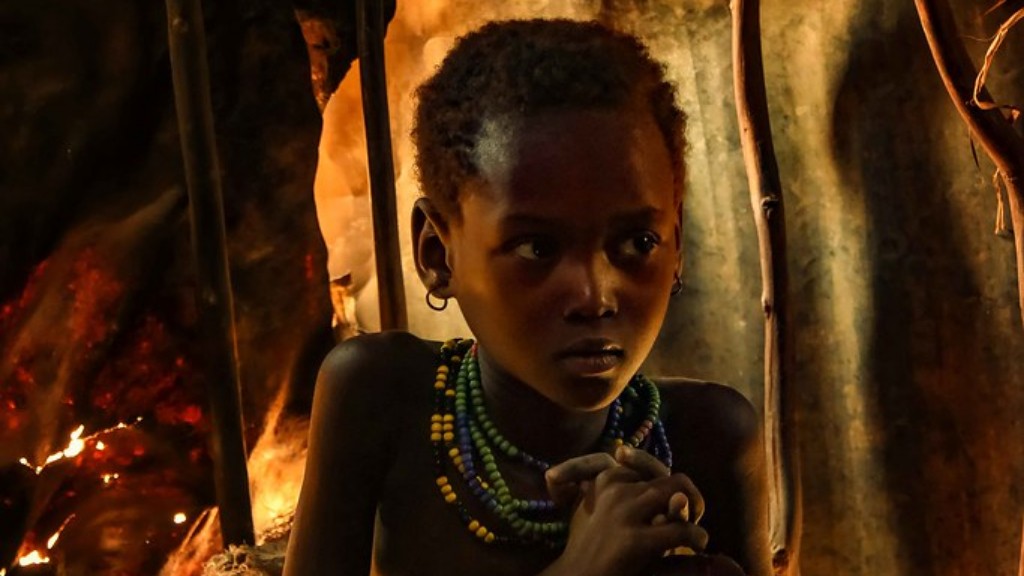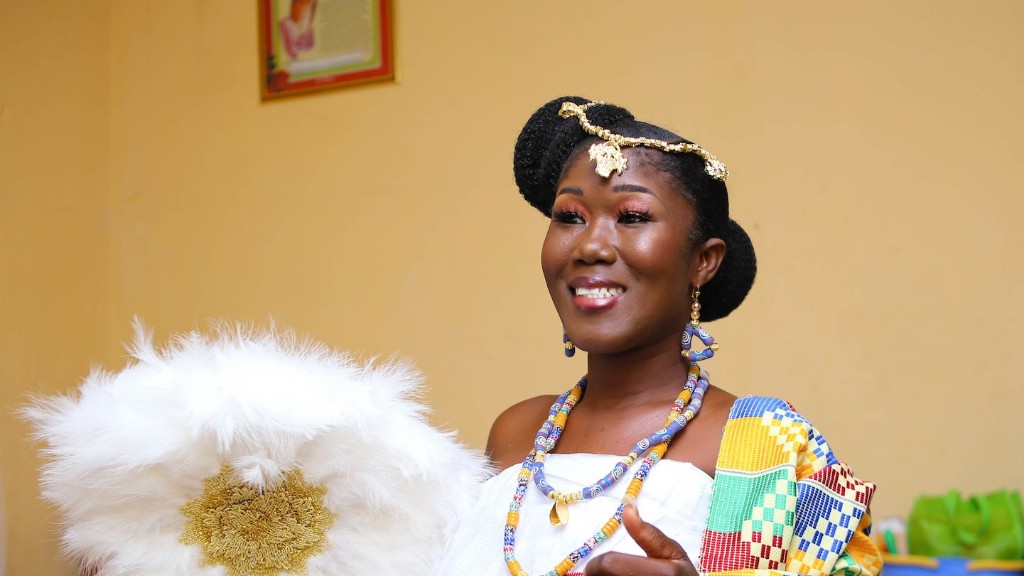Alphabetical List of African Tribes
Africa is home to a diverse range of cultures and ethnic groups, each with its unique traditions, languages, and customs. Exploring the alphabetical list of African tribes allows us to understand the rich tapestry of African heritage and the significance of these tribes in shaping the continent’s history.
From the Akan people of Ghana to the Zulu people of South Africa, and everyone in between, Africa boasts over 3,000 distinct tribes. These tribes play a vital role in Africa’s social fabric, representing centuries of traditions and beliefs.
For researchers and anthropologists, the alphabetical list provides a valuable tool for studying and understanding the diversity that exists within Africa.
According to experts in African studies, it is important to note that “tribe” is a complex term, often used to categorize groups of people with shared cultural practices and ancestry. However, it is crucial to approach the concept of tribes with sensitivity and avoid generalizations, as it can oversimplify the intricate social structures of African communities.
One notable African tribe found in the alphabetical list is the Maasai, traditionally nomadic pastoralists inhabiting Kenya and Tanzania. Renowned for their distinctive red clothing, intricate beadwork, and fierce warrior culture, the Maasai have captivated the imaginations of people worldwide.
An equally fascinating tribe is the Himba, residing in Namibia’s arid northwest region. With their unique hairstyles, intricate jewelry, and reliance on natural resources, the Himba have managed to preserve their traditional semi-nomadic lifestyle despite external pressures.
The Role of African Tribes in Modern Africa
In today’s Africa, the presence of tribes still holds great significance. While the continent has undergone significant social and political transformations, traditional tribes continue to shape individual and collective identities.
African tribes are not simply relics of the past. They serve as pillars of cultural resilience and provide a sense of belonging and unity for their members. These tribes often maintain their distinct languages, practices, and ceremonies, reminding their communities of their shared heritage.
In many countries, such as Nigeria, Ghana, and Ethiopia, the recognition and appreciation of tribal diversity have been incorporated into national identity and official structures. This recognition helps foster cultural understanding and promotes social cohesion.
Challenges Facing African Tribes Today
Despite their cultural significance, many African tribes face various challenges in the modern era. Globalization, urbanization, and increased interconnectivity have exposed tribes to outside influences, often leading to the erosion of traditional practices and dispersal of tribal communities.
Economic pressures also impact tribes, as traditional livelihoods become increasingly difficult to sustain. The encroachment of modern industries and infrastructure on tribal lands further threatens their way of life, leading to conflicts over land rights and resources.
It is essential to address these challenges and find a balance between preserving tribal heritage and adapting to the changing world. Efforts to invest in education, cultural preservation, and sustainable development can help ensure the survival and well-being of African tribes.
Promoting Cultural Exchange and Appreciation
Engaging in cultural exchange and appreciation is crucial for fostering understanding and respect for African tribes. This can be achieved through initiatives such as cultural festivals, art exhibitions, and educational programs that showcase the rich heritage of African tribes.
Responsible tourism also plays a vital role in promoting cultural exchange. By visiting tribal communities respectfully and supporting local artisans, travelers can contribute to the preservation of tribal cultures while promoting economic opportunities.
Furthermore, digital platforms and social media can serve as powerful tools for sharing stories and experiences of African tribes, allowing people from around the world to engage with and appreciate these rich cultures.
Conclusion
The alphabetical list of African tribes offers a glimpse into the vibrant and diverse tapestry of African cultures. By exploring these tribes, we can appreciate Africa’s rich heritage, acknowledge the challenges they face, and work towards fostering a future where tribal identities can thrive alongside a rapidly changing world.




